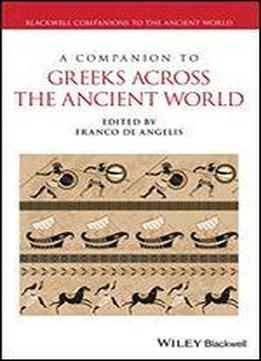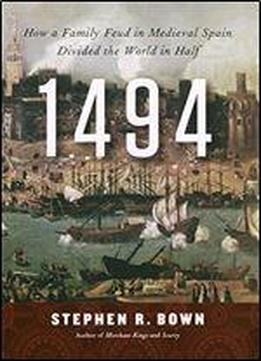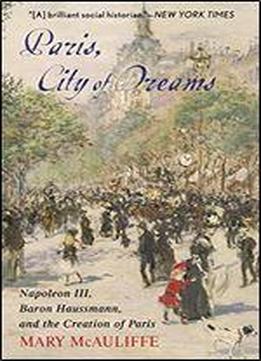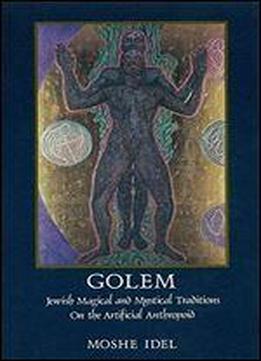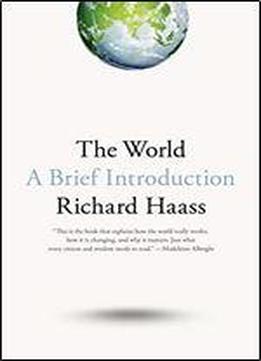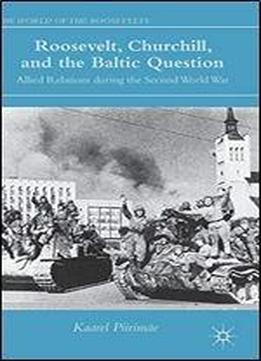
Roosevelt, Churchill, And The Baltic Question: Allied Relations During The Second World War
Tags:
Kaarel Piirimäe
In the summer of 1940, in the midst of a widening European war, the USSR occupied and annexed Estonia, Latvia, and Lithuania, effectively posing the "Baltic question" to other nations that had to decide whether or not to recognize the Soviet government as the new sovereign of the region. Baltic diplomats pressed a strong case that Soviet annexation had violated international law and was a transitory development, and they looked forward to the Western allies restoring their independence after the war. Hitler's launch of Operation Barbarossa in June 1941, however, turned the tables in great power relations, as the USSR found itself on the side of Britain and the United States. This unexpected alliance overrode any interest on the Allies' part in the self-determination of the people in east-central Europe. This book is the first comprehensive study of the Baltic problem and its treatment by the "Big Three" from 1941 until the early Cold War. It examines British, American, and Soviet policies toward the Baltic states in light of their respective national strategies, placing the true significance of the Baltic question in its proper geopolitical context.


